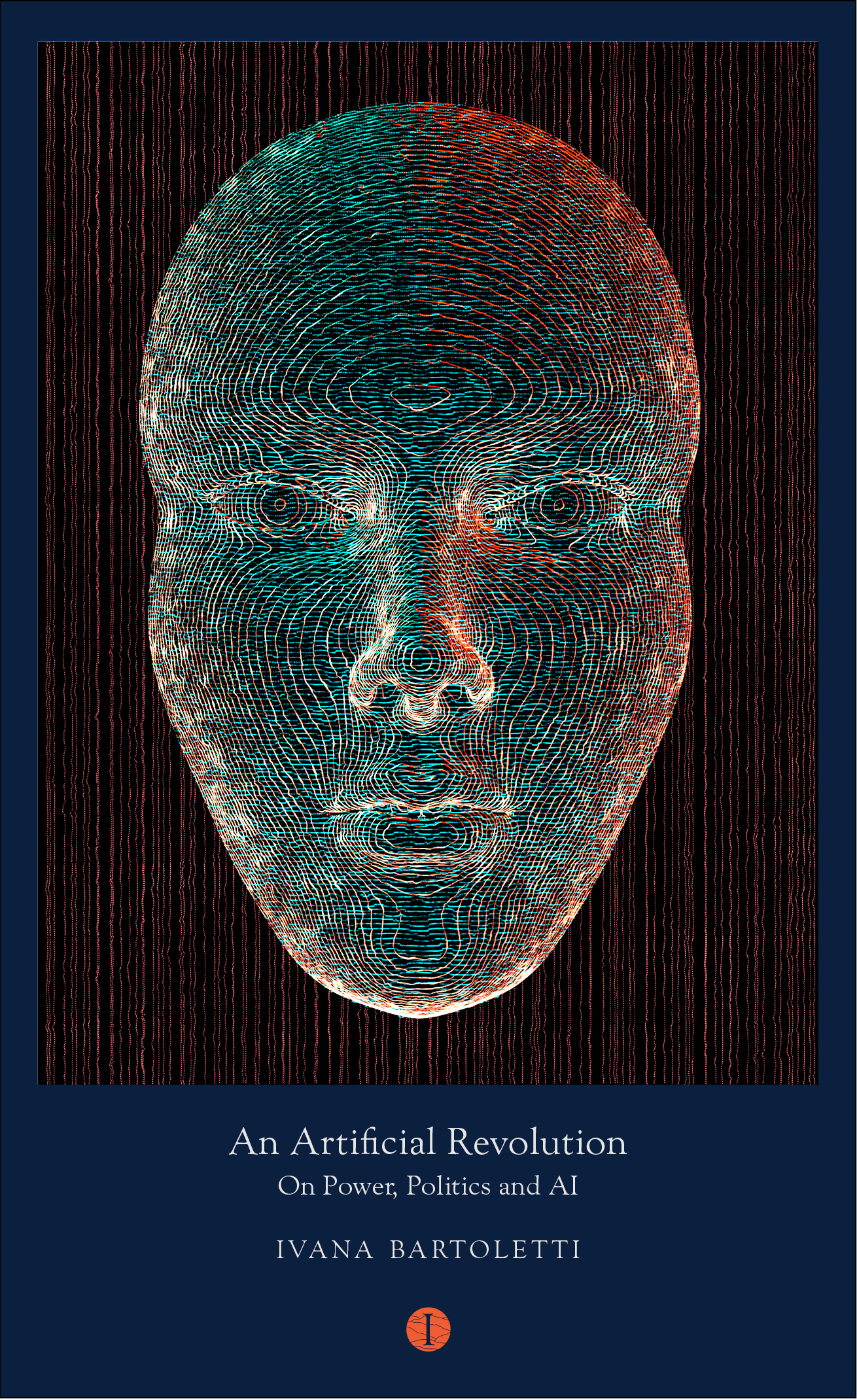Dear WSAI community,
We’re pleased to introduce the latest addition to the World Summit AI and InspiredMinds team. Meet Laura Harries, your new Head of Global Community Engagement.
“InspiredMinds is built by the ecosystem for the ecosystem and our community is at the core of that. As we further our efforts to include all in AI we are building an international network of ambassadors to ensure nobody is excluded ” says Sarah Porter, Founder of InspiredMinds.
.png?width=259&name=WSAI%20Amsterdam%20Orange%20no%20dates%202000x300%20(1).png)
.png?width=263&name=IM_Mothership_assets_LOGO_MINT%20(2).png)





.png)

.png)

